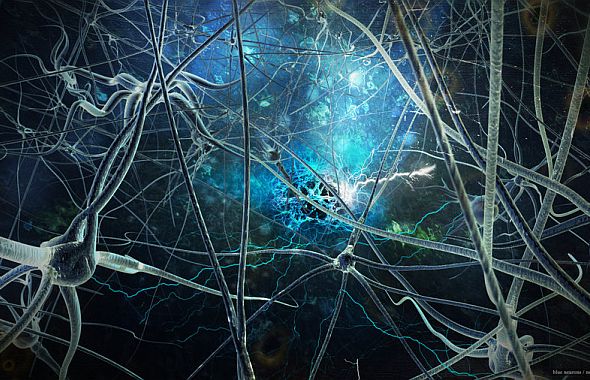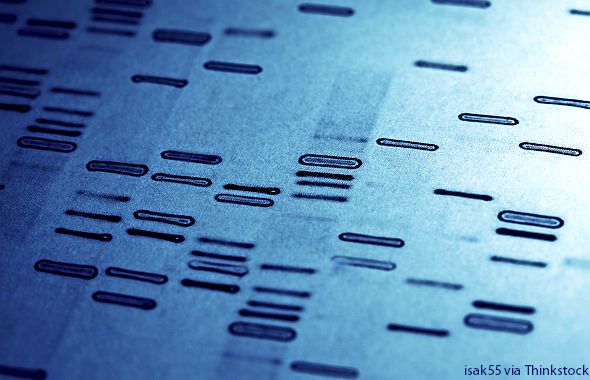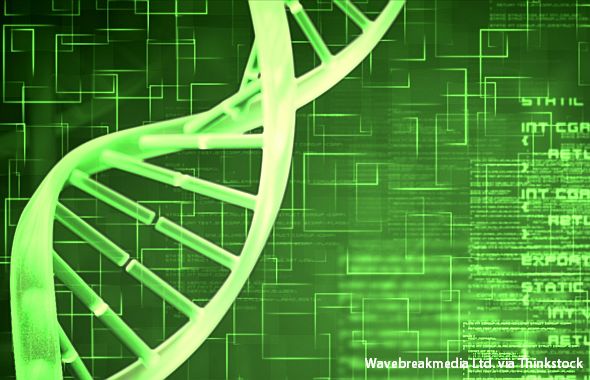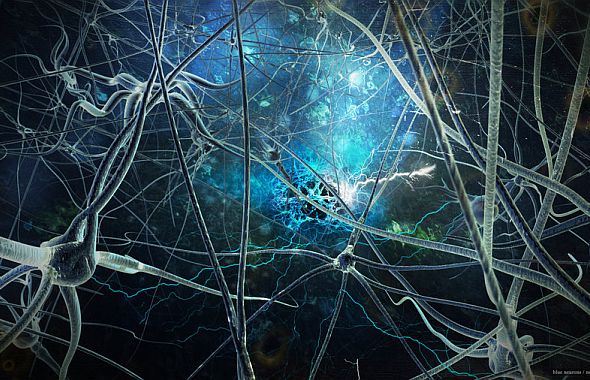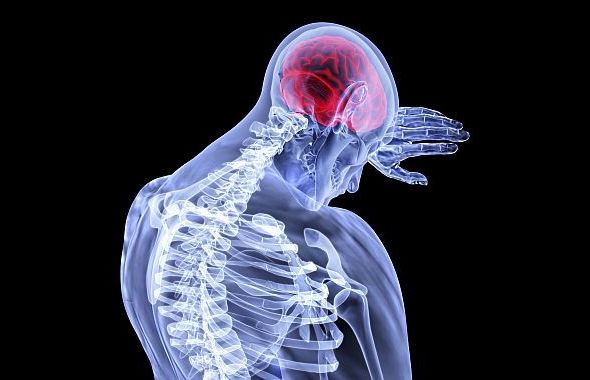Should the Science of Adolescent Brain Development Inform Legal Policy?
A lecture by Laurence Steinberg, PhD In the past decade, the United States Supreme Court has issued landmark opinions in three cases that involved the criminal culpability of juveniles. In 2005, the Court abolished the juvenile death penalty. In 2010, the Court banned life without parole for juveniles convicted of crimes other than homicide. And…



